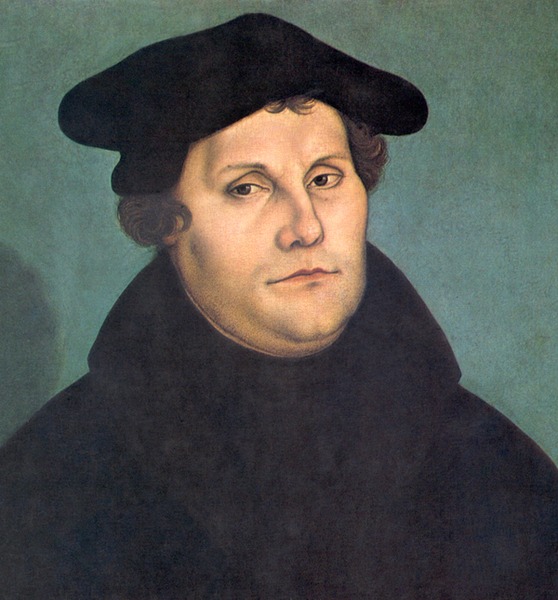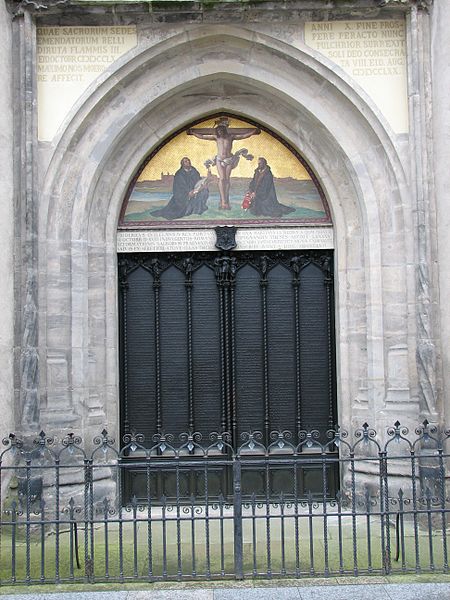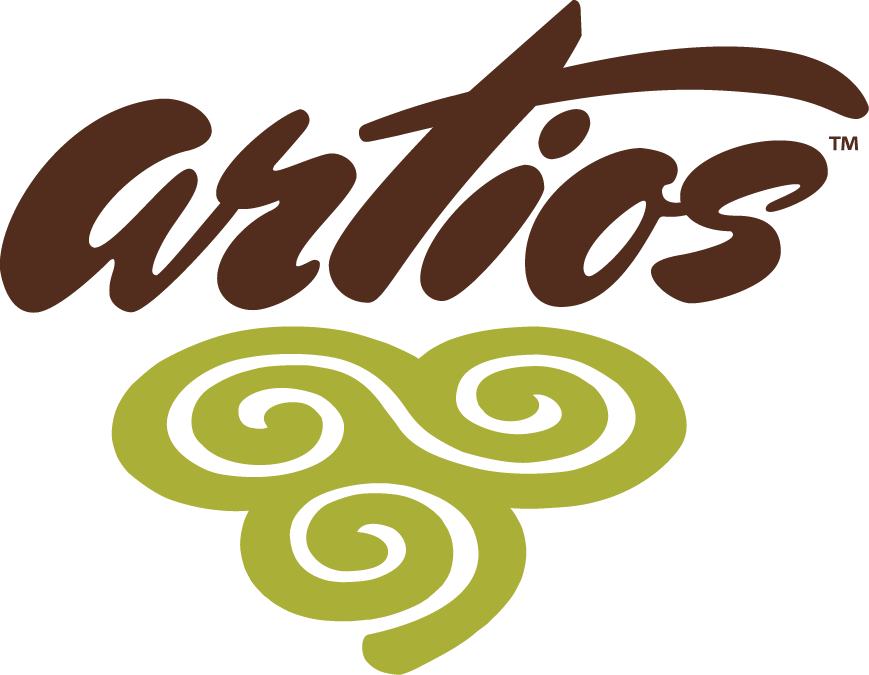[precontent]
[one_third]
Unit 3: Martin Luther and the Reformation
[/one_third]
[two_third_last]

[/two_third_last]
[/precontent]
[three_fourth]
[box]
[box_header]
Unit 3 [flag bg_color=”#d6e3bc” text_color=”#9d241a”]Middle School[/flag]
[/box_header]
[box_content]
Unit Overview
- Subjects Covered
- Grammar, Literature, Composition, History
- Time Period
- Reformation and Revolutions
- Grade Level
- Middle School: 6 – 8
- Civilization
- German, English
- Literature
- The Pilgrim’s Progress – by John Bunyan
[/box_content]
[box_content]
 Unit Description
Unit Description
The causes and results of the Reformation have much to do with the founding of the United States of America. What may seem a simple review of the Reformation in this unit will prove to be a lens through which to view the colonization of the New World and the founding of this new nation.
[/box_content]
[box_content]
Leading Ideas and Biblical Principles
[list type=”arrow”]
- History is HIS Story – God’s story of love, mercy, and redemption through Christ.
- He made known to us the mystery of his will according to his good pleasure, which he purposed in Christ, to be put into effect when the times reach their fulfillment—to bring unity to all things in heaven and on earth under Christ. — Ephesians 1:9-10
- God’s providential hand governs and times all events and provides for His Creation according to His plan and purposes.
- The God who made the world and everything in it is the Lord of heaven and earth and does not live in temples built by human hands. And he is not served by human hands, as if he needed anything. Rather, he himself gives everyone life and breath and everything else. From one man he made all the nations, that they should inhabit the whole earth; and he marked out their appointed times in history and the boundaries of their lands. God did this so that they would seek him and perhaps reach out for him and find him, though he is not far from any one of us.- Acts 17: 24 – 27
- Godly leadership and servanthood are necessary for one to be a true reforming influence.
- Whoever wants to become great among you must be your servant, and whoever wants to be first must be your slave—just as the Son of Man did not come to be served, but to serve, and to give his life as a ransom for many..- Matthew 20:26 – 28
[/list]
[/box_content]
[/box]
[box]
[box_header]
Unit 3 Resources: [flag bg_color=”#d6e3bc” text_color=”#9d241a”]Middle School[/flag]
[/box_header]
[box_content]
[button id=”1″ link=”https://www.artioshcs.com/wp-content/uploads/2013/08/Early-Mod-Unit-3-MS-Martin-Luther-and-the-Reformation-WWW.pdf” linking=”new-window” size=”medium” type=”simple” title=”unit”]Download Unit[/button]
[button id=”1″ class=”1″ link=”” linking=”new-window” size=”medium” type=”simple” title=”maps”]Download Maps[/button]
[button id=”1″ link=”” linking=”new-window” size=”medium” type=”simple” title=”maps”]Interactive Map[/button]
[tabs type=”simple” position=”top-left”]
[tab_title]Lesson 1: History[/tab_title]
[tab_content]
Lesson One Assignments:
- Review the discussion questions and vocabulary, then read the article: The Beginning of the Reformation, pages 7 – 9.
- Narrate about today’s reading using the appropriate notebook page. Be sure to answer the discussion questions and include key people, events, and dates within the narration.
- Define the vocabulary words in the context of the reading and put the word and its definition in the vocabulary section of your history notebook.
- Be sure to visit www.ArtiosHCS.com for additional resources.
Lesson One Discussion Questions:
- What did new discoveries do to the beliefs of men?
- Who were the forerunners of the Reformation?
- Why was the Reformation both a religious and a political movement?
- What is considered the “spark” of the Reformation?
- What did purchasing an Indulgence promise to do?
- What was one of the biggest projects of Pope Leo X for which he needed to raise money?
- Why did Luther become a monk?
[/tab_content]
[tab_title]Lesson 2: History[/tab_title]
[tab_content]
Lesson Two Assignments:
- Review the discussion questions and vocabulary, then read the article: Reformation Period: Germany, pages 11 – 13.
- Narrate about today’s reading using the appropriate notebook page. Be sure to answer the discussion questions and include key people, events, and dates within the narration.
- Define the vocabulary words in the context of the reading and put the word and its definition in the vocabulary section of your history notebook.
- Be sure to visit www.ArtiosHCS.com for additional resources.
Lesson Two Discussion Questions:
- What was the Pope’s response to Luther’s 95 Theses?
- What effect did the Pope’s actions have on Luther?
- After Charles V held the Diet of Worms, what type of punishment was Luther put under?
- After Charles was free of other fighting, he was determined to force all of Germany to return to the old religion. Was he
- Successful? If not, why not?
- What agreement was reached?
[/tab_content]
[tab_title]Literature[/tab_title]
[tab_content]
Unit 3 Literature and Composition Assignments
- Activity While Reading: As you read the novel, you will conduct a literary analysis by writing the answers to the following questions in your journal. Note that all of the questions may not be applicable in each reading. Answer the ones which are applicable to this unit’s reading assignment.
- Questions to answer in a literary analysis:
- Who is the author of this work?
- What is the reason or intent of the author in writing this novel?
- Who is the protagonist (main character of the story)?
- What is the protagonist doing or what is his/her goal?
- What new characters were introduced in this section?
- What do their names mean or represent?
- What lesson can we learn from these characters?
- What major events happened in this section?
- What Christian beliefs or ideals are illustrated by these events?
- Read the assignment background information, then read The Pilgrim’s Progress from Part I, Sixth Stage through Part I, Eighth Stage.
- Remember to answer the literary analysis questions in your reading journal.
- Choose one of the following prompts and think of a good thesis statement that answers the question:
- How does John Bunyan use the names of the characters to represent Christian ideals or to warn his readers against certain behaviors?
- How does John Bunyan use the events in the novel to represent Christian ideals or to warn his readers against certain behaviors?
Unit 3 Grammar Assignments
- Read the notes on Prepositional Phrases, beginning on page 4.
- Complete the grammar exercises on the Artios Home Companion website. [/tab_content]
[tab_title]Resources[/tab_title]
[tab_content]
VIDEOS ON THIS WEBSITE SHOULD BE PREVIEWED BY PARENTS BEFORE ALLOWING STUDENTS TO WATCH VIDEOS. SOME VIDEOS MAY CONTAIN INFORMATION ON SENSITIVE TOPICS.
Complimentary Sources:
Videos:
Martin Luther – Biographical Video
Martin Luther Sparks a Reformation
Martin Luther’s Response to the Court at His Trial
[/tab_content]
[tab_title]Arts[/tab_title]
[tab_content]
The Story of A Mighty Fortress is Our God
Hymn By Martin Luther – A Mighty Fortress is Our God
Music from the Late 15th Century, the time of Martin Luther
[/tab_content]
[/tabs]
[/box_content]
[/box]

Leave a Reply
Want to join the discussion?Feel free to contribute!